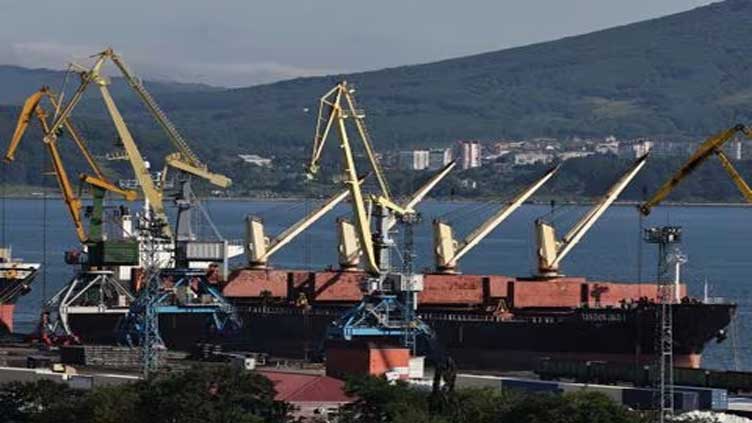Brent oil hovers around $80 after this week's downward spiral

Business
Brent oil hovers around $80 after this week's downward spiral
LONDON (Reuters) - The Brent crude oil benchmark hovered around $80 a barrel on Thursday, with demand concerns and a waning war-risk premium having triggered a selloff over the past week.
Brent crude futures were up 45 cents at $79.99 a barrel by 1147 GMT. US West Texas Intermediate (WTI) crude futures rose 43 cents to $75.76.
The uptick came after both benchmarks dropped to their lowest since mid-July on Wednesday as worry over possible supply disruptions in the Middle East eased and concern over US and Chinese demand intensified. Brent is nearly $20 a barrel lower than its September peak.
"It might be that this near-oversold status is causing a hiatus in selling this morning," said John Evans of oil broker PVM, adding that there was little positive news overnight and that the week's earlier losses reduced the impact of the latest Chinese data.
Thursday's data from China suggested that the fight against disinflation in the face of weak demand remains a challenge for the country's policymakers.
Chinese consumer prices swung lower in October as key gauges of domestic demand pointed to weakness not seen since the pandemic while deepening factory-gate deflation cast doubts over the chances of a broad-based economic recovery.
Earlier in the week customs data showed that China's total exports of goods and services contracted faster than expected.
Demand indicators aren't looking rosy in the United States either. US crude oil inventories increased by 11.9 million barrels over the week to Nov. 3, sources said, citing American Petroleum Institute figures.
If confirmed, this would represent the biggest weekly build since February. The US Energy Information Administration (EIA), however, has delayed the release of weekly oil inventory data until Nov. 15 for a system upgrade.
Both OPEC and the International Energy Agency (IEA) are due to offer their view on the state of demand-supply fundamentals next week.
Since last month's reports, higher output is expected to emerge from Venezuela after the relaxation of US sanctions, said Callum Macpherson, head of commodities at Investec, also highlighting a deterioration in the demand outlook.
"There is a danger the market could be in a surplus next year even if the Saudis do extend their cuts beyond the end of December," he said.
OPEC is set to meet at the end of the month to discuss output policy for 2024.



